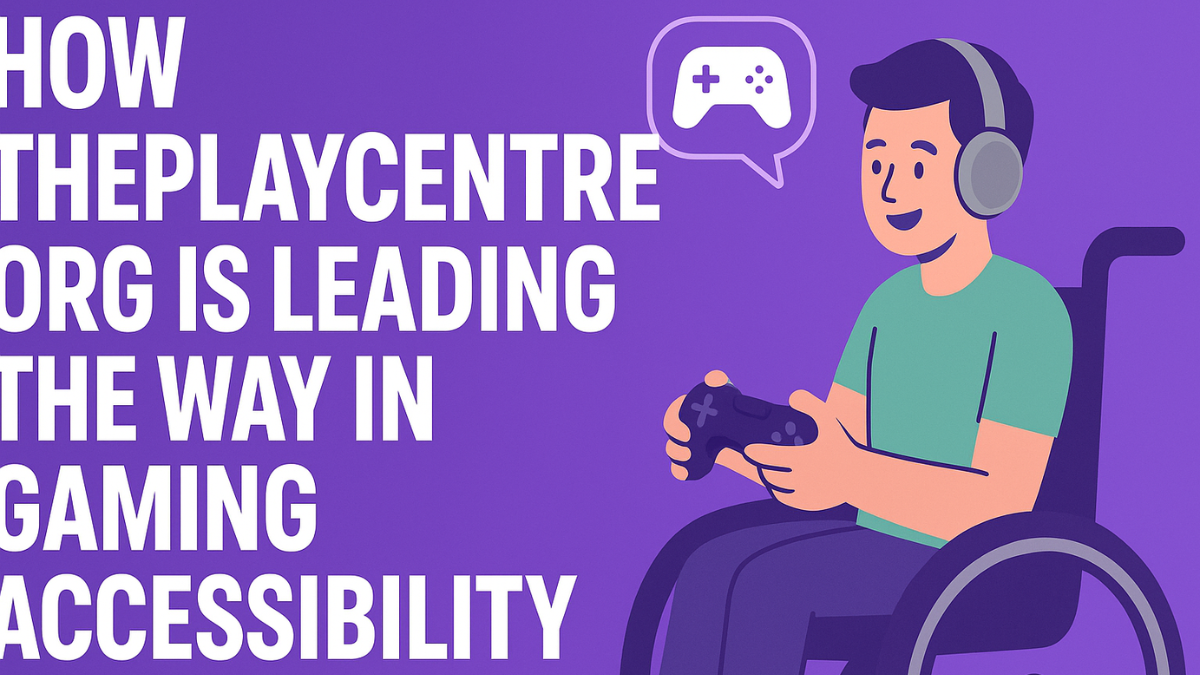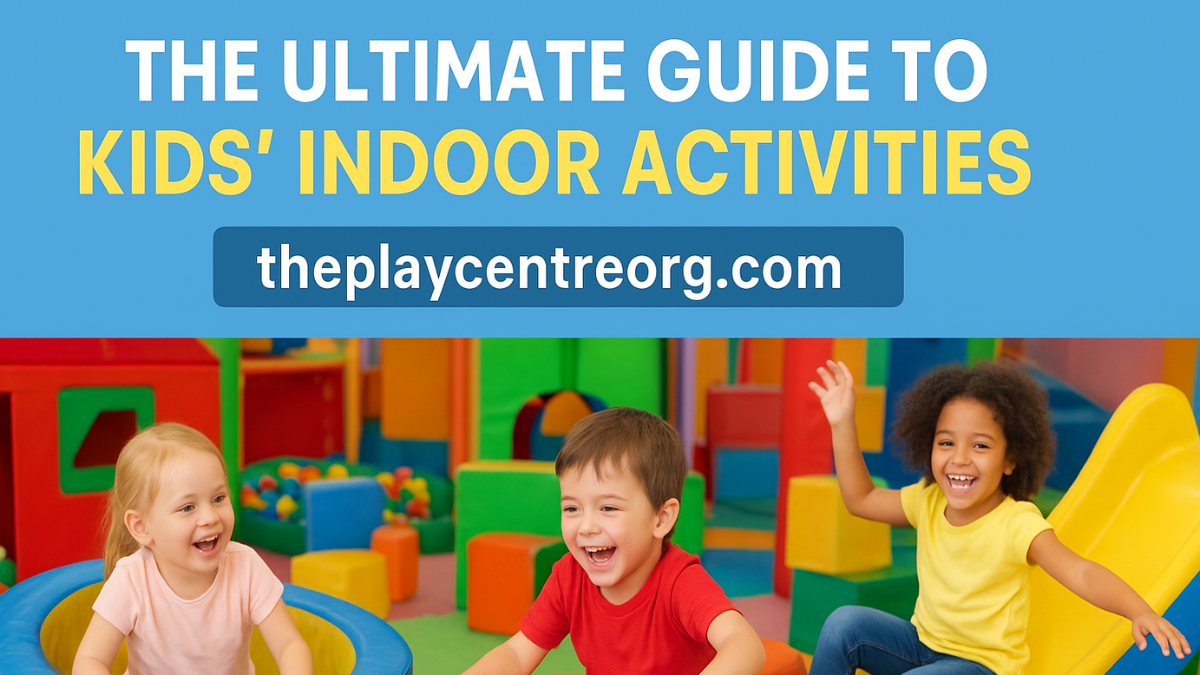Helpful Resources for Parents of Children with ADHD
Attention-deficit/hyperactivity disorder (ADHD) is a condition characterized by persistent patterns of inattention, hyperactivity, and impulsivity that interfere with functioning or development. These behaviors often begin in childhood and can continue into adulthood. Understanding the condition and knowing where to find support are fundamental steps for parents and guardians. Here’s more information on ADHD and how to find helpful resources as a parent:
What Are the ADHD Types?
ADHD is a neurodevelopmental disorder that can qualify as a disability under various legal frameworks, and around 7 million children in the US alone have been diagnosed. This condition profoundly impacts individuals, often affecting their ability to focus, organize, and manage time effectively. These challenges can interfere with success in school, the workplace, and personal relationships. For children, ADHD may present as difficulties in following instructions, completing assignments, or maintaining social connections, which can lead to struggles with self-esteem and academic success.
Despite these challenges, remember that ADHD does not define an individual’s potential, and with proper support, accommodations, and strategies, people with a diagnosis can thrive in life. The presentation of this condition varies from one child to another. Recognizing how ADHD can manifest is key to providing appropriate support.
Behavioral Impacts
Children with ADHD may exhibit behaviors that affect various aspects of their daily lives. A child might have difficulty staying organized, frequently misplace necessary items like homework or school supplies, or struggle to follow multi-step instructions. Others may seem to be in constant motion, have trouble remaining seated during class or meals, or interrupt conversations and activities. These presentations are not a reflection of a child’s intelligence or defiance, but are symptoms associated with the condition.
Different Types
Attention-deficit/hyperactivity disorder is categorized into three primary types based on the most prominent symptoms:
- Predominantly Inattentive Presentation: Children with this type primarily struggle with attention and organization. They may be easily distracted, find it hard to sustain focus on tasks or play activities, and avoid tasks requiring sustained mental effort.
- Predominantly Hyperactive-Impulsive Presentation: This type is marked by high levels of activity and impulsive behavior. A child may fidget, have difficulty playing quietly, talk excessively, and act without thinking about the consequences.
- Combined Presentation: This is the most common type of ADHD, and it involves a combination of both inattentive and hyperactive-impulsive symptoms.
How Is This Disorder Managed?
Managing ADHD typically involves a comprehensive approach tailored to the individual child’s needs. A multimodal plan often includes behavioral strategies, educational support, and parent training. Behavioral interventions focus on teaching children skills to manage their symptoms, such as organizational techniques or social skills training. Educational supports are also a key component of management. For some children, medication management may help manage symptoms after other methods have been tried.
What Are Some Parent Resources?
Numerous organizations and tools are available to help parents support a child with ADHD. These resources offer information, guidance, and community. Many hospitals and community mental health centers offer evidence-based parent training in behavior management, which helps equip parents with techniques for structuring routines and reinforcing positive behavior.
Parent training programs are specifically designed to provide caregivers with the tools and strategies necessary to effectively support children with ADHD. These programs often focus on teaching parents behavior management techniques, including:
- Setting Clear Expectations
- Establishing Consistent Routines
- Using Positive Reinforcement for Encouragement
By implementing these strategies, parents can reduce instances of conflict and frustration while fostering a supportive and structured home environment. Parent training programs also educate parents on attention-deficit/hyperactivity disorder, focusing on their child’s specific condition. Patient and parent education efforts help both parties understand the condition more, promoting better management outcomes.
Schedule an ADHD Appointment
Learning about your child’s diagnosis can help you understand how their brain works and how to support them more effectively. To find more resources for you and your child, work with a neurological or psychological specialist for personalized information. A qualified professional can provide a thorough evaluation and discuss a personalized management plan that addresses your child’s specific needs.
news via inbox
Mail us for latest news and updates







